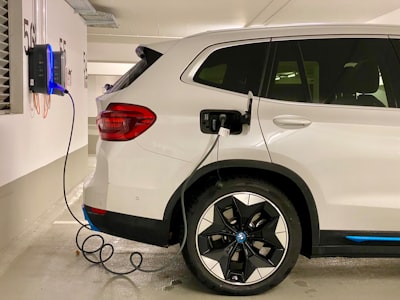As electric vehicles (EVs) become more common on California roads, many drivers are discovering that insuring these automobiles isn’t quite the same as covering a traditional gasoline-powered car. Understanding these differences and accounting for them when assessing your insurance needs is a necessary part of being a responsible EV owner. 
Key Differences in Coverage
While both EV and traditional auto insurance policies typically include similar financial protections, such as liability, collision, and comprehensive coverage, there are some important distinctions for electric vehicles. Consider the following aspects of your vehicle that might impact insurance coverage:
- Specialized repairs and parts—EVs often require unique components, such as high-capacity batteries and advanced electronics. Insurance for EVs may need to account for the higher cost of repairing or replacing these parts.
- Battery coverage—The battery is one of the most valuable parts of an electric vehicle. Some policies may offer specific coverage for battery damage or degradation, which is less relevant for traditional cars.
- Charging equipment—Many EV owners install home charging stations. Some insurers offer optional coverage for damage to charging equipment, a consideration not needed for gas vehicles.
Cost Factors for EV Insurance
Several factors can influence the cost of insuring an electric vehicle, including the following:
- Vehicle value—EVs often have a higher upfront cost, which can increase premiums for collision and comprehensive coverage.
- Repair costs—Specialized repairs and parts may lead to higher claims, impacting insurance rates.
- Safety features—Many EVs come equipped with advanced safety technology, which may help lower liability or medical payments coverage costs.
- Incentives and discounts—Some insurers offer discounts for eco-friendly vehicles or for using telematics to monitor driving habits.
We’re Here to Help
The knowledgeable and experienced team at MTN Insurance Services is here to help you navigate the differences between EV insurance and traditional auto insurance. Contact us today to discuss your options.
This blog is intended for informational and educational use only. It is not exhaustive and should not be construed as legal advice. Please contact your insurance professional for further information.